Volkswagen sets emissions scandal amnesty deadline
- Published
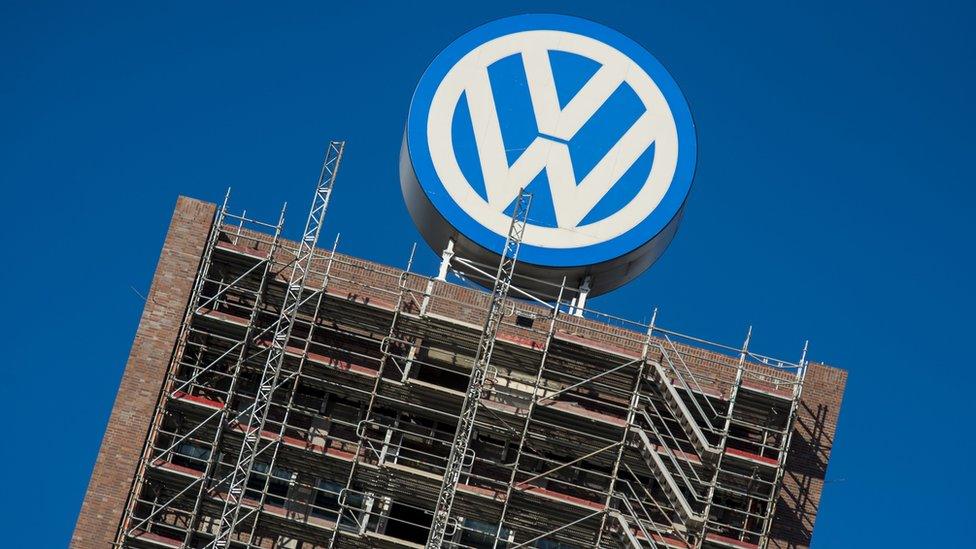
German carmaker Volkswagen has set a 30 November deadline for staff with knowledge about its diesel emissions test cheating to come forward.
Workers who get in touch with internal investigators by then will be exempt from dismissal, according to a letter from VW brand chief Herbert Diess.
US regulators found VW put in software that turned on emissions controls when the car was being tested.
Some 11 million vehicles worldwide are affected by the scandal.
Mr Diess said the offer was being made in the interests of "full and swift clarification".
'Rest assured'
VW said it would not sack workers for what they might reveal, but they might be transferred to other duties.
"Employees covered by collective bargaining agreements who get in touch promptly, but no later than November 30, 2015... and... may rest assured that the company will waive consequences under labour law such as the termination of employment, and will not make any claim for damages," the letter said.
Last week, Europe's biggest carmaker also admitted to cheating on carbon dioxide emissions certifications.
VW has put aside €6.7bn (£4.7bn) to meet the cost of recalling the diesel vehicles worldwide that were fitted with so called "defeat devices" that circumvented tests for emissions of nitrogen oxides.

Analysis: Theo Leggett, BBC business reporter
This offer shows the difficulty Volkswagen is facing.
It has appointed the American law firm Jones Day to carry out a thorough internal investigation into the emissions scandal. That is expected to take several months - yet the company needs to draw a line under the affair as quickly as possible, in order to focus on mending its battered reputation.
At the same time, the dirty laundry keeps on piling up. Last week's revelation of 'irregularities' in the measurement of CO2 emissions was a case in point.
Hence the amnesty for whistleblowers. Any concerted effort to deceive regulators would have needed input from engineers and technicians. They may have valuable knowledge to share, which could speed up the process dramatically.
The offer does not apply to managers. So if it turns out that deception was authorised at a high level, those responsible can still expect to be punished.

- Published4 November 2015
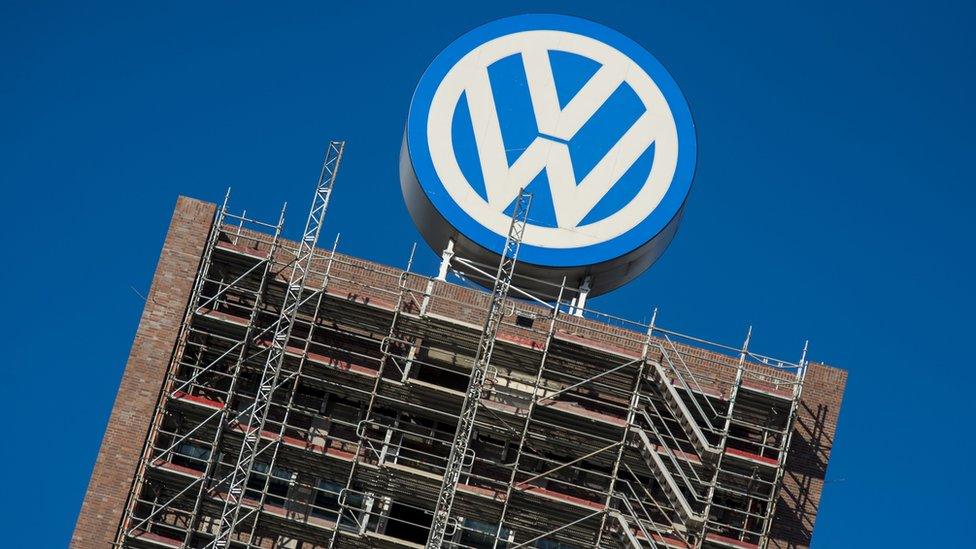
- Published4 November 2015

- Published10 December 2015
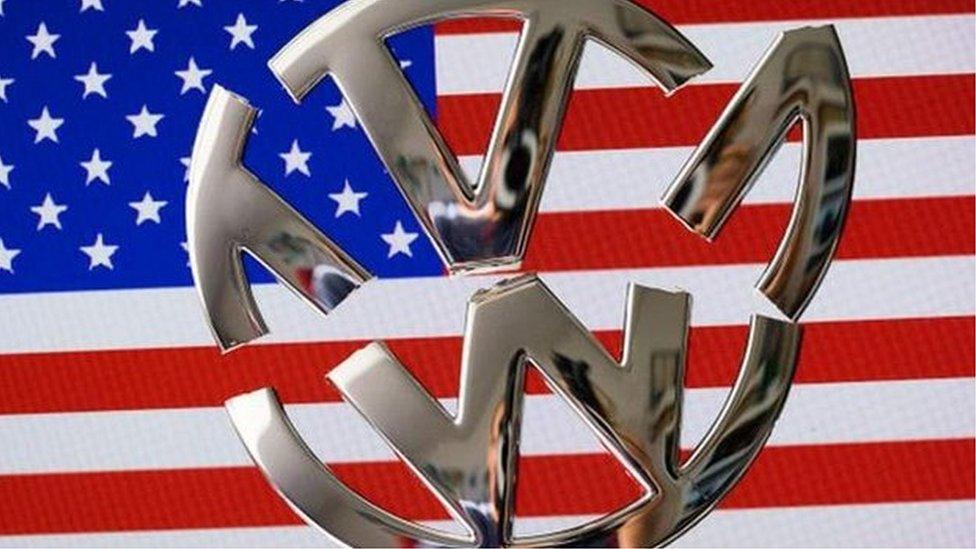
- Published4 November 2015
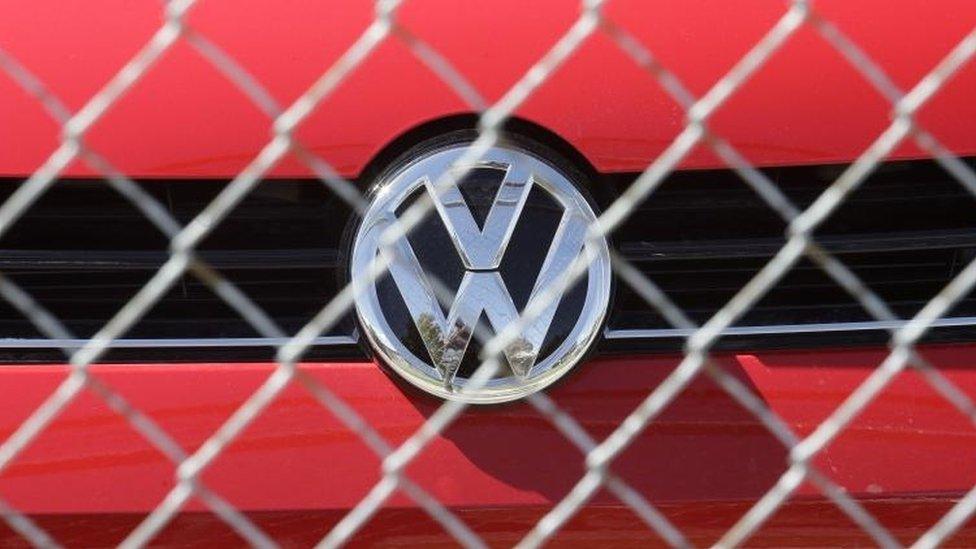
- Published24 September 2015
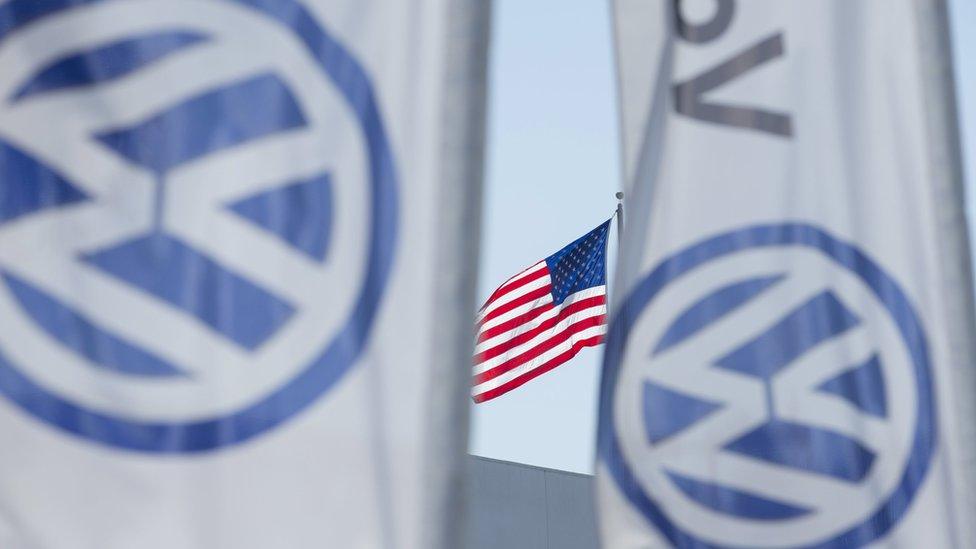
- Published28 October 2015
